People with high blood pressure should limit caffeine consumption, eat a full breakfast, and prioritize fruits, vegetables, and nuts to reduce blood pressure.
Blood pressure is the pressure of blood flow against the walls of blood vessels, an index ≥ 130/80 mmHg is high blood pressure. Over time, high blood pressure if not controlled can cause damage to the arteries, heart, brain, kidneys, eyes and many other organs, according to Mayo Clinic .
For most patients, high blood pressure has no warning signs, only detected when measuring blood pressure. Morning is the time when heart events such as strokes and heart attacks are more likely to occur, partly due to high blood pressure. Below are morning habits that patients should maintain to reduce blood pressure and keep the heart healthy.
Limit caffeine intake
Drinking coffee in the morning can lead to high blood pressure, especially if you drink too much. Caffeine is a stimulant, which can help you feel more alert and awake, but it can also increase blood pressure.
Too much caffeine can cause the adrenal glands to release more adrenaline, which raises blood pressure. Caffeine also has a direct relationship with levels of the stress hormone cortisol.
To maintain stable blood pressure, patients should only drink one cup of decaffeinated coffee, avoiding drinking it first thing in the morning. People with a history of heart disease should consult their doctor to know the appropriate level of caffeine consumption.
Eat a balanced breakfast
People with high blood pressure should eat a full breakfast and avoid skipping meals as this can change their blood pressure. Patients should also pay attention to the foods they eat for breakfast. Nuts (walnuts, almonds or hazelnuts) rich in omega-3, fruit salad and vegetables all help stabilize blood pressure. This is also an important component of the DASH and Mediterranean diets, which significantly reduce blood pressure.
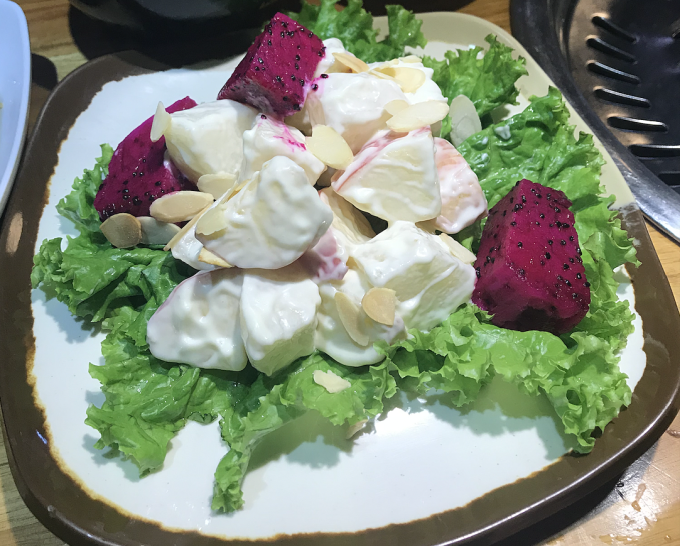
A balanced breakfast with dishes such as vegetable salad and fruit helps control blood pressure. Photo: Bao Bao
Eat less sugar
Sugary breakfast foods like donuts, pastries, and processed cereals can affect blood pressure. Eating too much sugar affects the hormones aldosterone and endothelial peptide, both of which help regulate blood pressure.
High blood sugar levels are linked to atherosclerosis (plaque buildup in the arteries) which makes arteries stiffer and eventually increases blood pressure.
To prevent this condition, limit the amount of added sugar in your daily food and drink. Natural sugars in fruits and vegetables do not increase blood pressure.
Reasonable exercise
Exercising in the morning is a good habit to stabilize blood pressure. Maintaining 150 minutes of moderate aerobic exercise or 75 minutes of high-intensity exercise per week can significantly reduce blood pressure. High-intensity and moderate exercise such as walking, cycling, lifting weights, jogging, squats... However, people with high blood pressure should exercise according to their health condition.
Meditate in the morning
Relaxing your body at the beginning of the day can have a positive impact on your blood pressure levels, as can practicing meditation. Meditation helps your body produce more nitric oxide, which dilates blood vessels and reduces blood pressure. Beginners should start slowly, about 5-20 minutes in the morning.
Bao Bao (According to Livestrong )
| Readers ask questions about cardiovascular disease here for doctors to answer |
Source link


![[Photo] Unique architecture of the deepest metro station in France](https://vphoto.vietnam.vn/thumb/1200x675/vietnam/resource/IMAGE/2025/11/14/1763107592365_ga-sau-nhat-nuoc-phap-duy-1-6403-jpg.webp)
![[Photo] Unique art of painting Tuong masks](https://vphoto.vietnam.vn/thumb/1200x675/vietnam/resource/IMAGE/2025/11/14/1763094089301_ndo_br_1-jpg.webp)















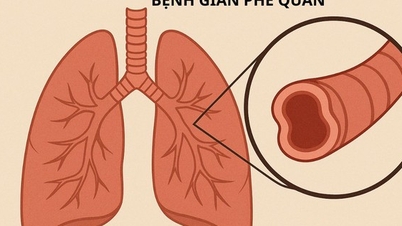
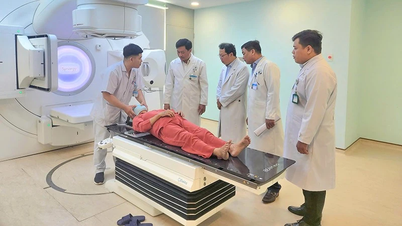

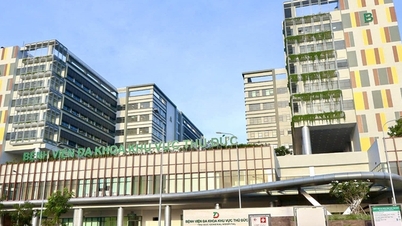
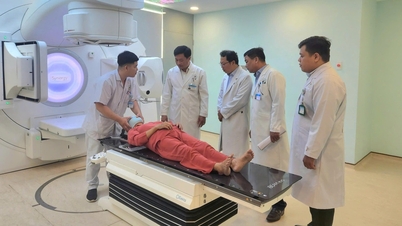










![[Photo] Special class in Tra Linh](https://vphoto.vietnam.vn/thumb/1200x675/vietnam/resource/IMAGE/2025/11/14/1763078485441_ndo_br_lop-hoc-7-jpg.webp)











































































Comment (0)